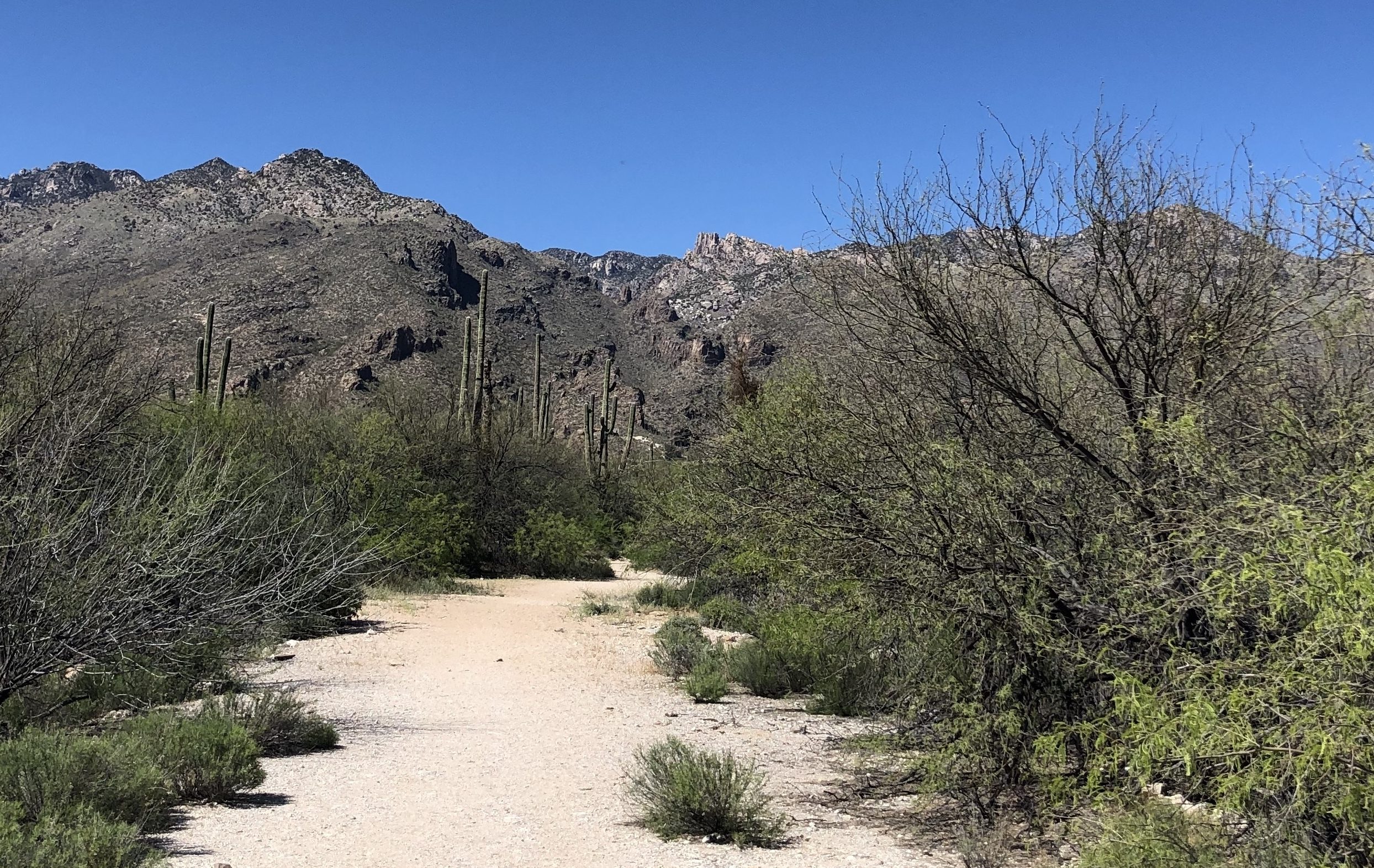By: Victoria Hirsch

My internship at the National Center on Sexual Exploitation has taught me that taking intentional time to rest is not optional. We are finite beings, unable to learn, work, and internalize all of what we experience without taking a regular step back to rest – especially when fighting against exploitation and abuse.
From July 18 to July 28, the National Center on Sexual Exploitation hosted an online global summit that was dedicated to raising awareness, educating, and advocating against sexual exploitation of all forms. This summit was attended by over 22,000 people and had more than 100 speakers over the 11 days. After watching numerous presentations, documentaries, panel discussions, and participating in community meetups, I felt exhausted.
In the past, I used to place unrealistic expectations on myself regarding work ethic and self-care, mostly that if I felt like I needed to take a break, it was never for a good enough reason. I guilted myself for needing to take time away from learning about the realities of sex trafficking and the physical harms that pornography causes to the brain, reasoning that if these evils never take time off, how could I?
One of my favorite sessions during the summit helped answer that question: the true purpose of rest. It explained that in order to continue fighting injustice, we must do so from a place of abundance and support from others, rather than internal striving to do more. Obviously, this is easier said than done, but NCOSE has intentionally built in requirements for rest for their staff and interns that shows their commitment to preventing burnout and encouraging long-term focus.
There’s a tension between zealously advocating for those without a voice (as we are encouraged to do in Proverbs 31:8-9, “Open your mouth for the mute, for the rights of all who are destitute. Open your mouth, judge righteously, defend the rights of the poor and needy.”) and feeling like our efforts will never be enough. I am learning that combatting unrealistic work expectations begins with my attitude and regularly recalling why I wanted to do this work in the first place. When I take a step back, I am reminded that although it can be difficult to make time to rest, it is so necessary in order to pursue greatness and longevity in the fight against injustice.
One of the greatest takeaways from my time spent with NCOSE is having the capacity to value rest and hard work simultaneously. Neither is more important than the other, but both are necessary to ensure a healthy relationship with demanding workloads and the long fight against sexual exploitation.
This post was written by a Center for Global Justice Intern. The views expressed in this post do not necessarily reflect those of Regent University, Regent Law School, or the Center for Global Justice.

